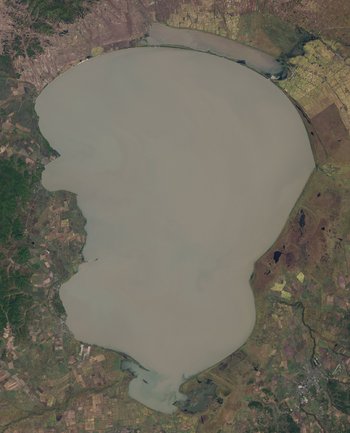 Last year I posted a series of articles about statistical issues surrounding radiocarbon dating, a subject that is important in its own right but also directly impinges on the climate debate because of the way in which it informs our knowledge of past climates and the carbon cycle.
Last year I posted a series of articles about statistical issues surrounding radiocarbon dating, a subject that is important in its own right but also directly impinges on the climate debate because of the way in which it informs our knowledge of past climates and the carbon cycle.
However, it looks as though a new paper in Earth and Planetary Science Letters is going to extend the debate still further, arguing that radiocarbon dating falls down badly in samples that are over 30,000 years old. According to an article in the South China Morning Post,
In the new study using samples taken from Xingkai Lake near the Sino-Russian border in Heilongjiang province, the scientists used both radiocarbon dating and another method known as optically stimulated luminescence.
Using light to measure the amount of free electrons trapped in quartz, the team was able to tell how long the samples had been kept away from sunlight, and therefore estimate when it was that they first fell in the lake.
By comparing results from the two methods, they found that carbon dating became unreliable beyond a range of 30,000 years.
A word of caution is due: there is no obvious sign of the paper at the journal's webpage and I haven't been able to locate it by a quick Googling. Perhaps we should wait until we have a copy before getting too excited.